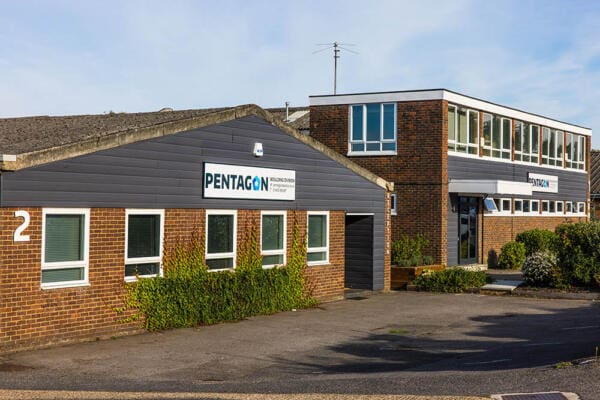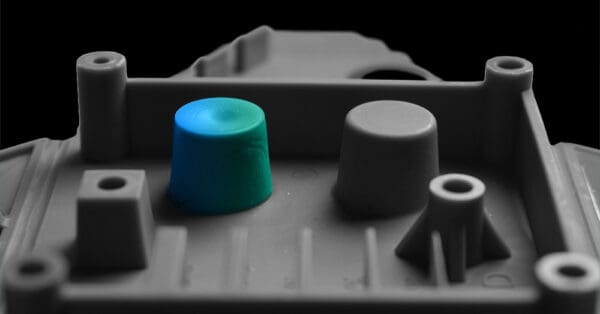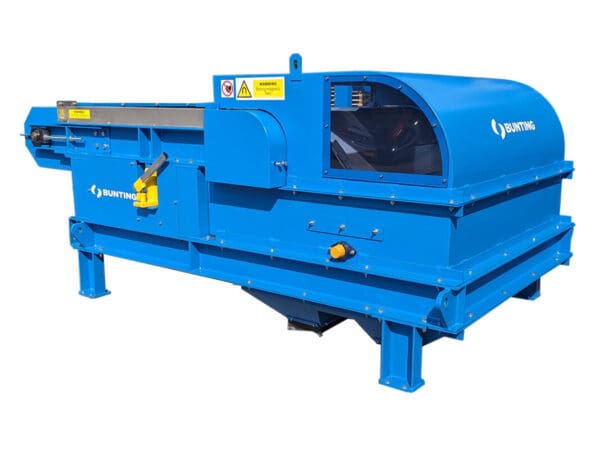
Pentagon’s Sustainable Approach to Plastic Injection Moulding
Pentagon is firmly focused on sustainability within the manufacturing process of plastic injection moulding. There are several areas to consider when looking at new products, these can include cutting down waste by the introduction of direct hot tip feed systems or recycling waste back into production at controlled levels.
Material Consideration
The design for manufacture (DFM) stage is where the team will actively consider the suitability of recycled materials or bio polymers for production as opposed to specified virgin materials. However, given the nature of some of the bespoke technical mouldings that are produced here, the risk of contamination can sometimes be too high for consideration. With advancing technologies there is now a wider range of environmentally friendly thermoplastic options available.
Usually, customers will approach with a specified grade of thermoplastic suitable for their product which has been researched and sourced by their design team both environmentally and sustainability considerations. Pentagon will still highlight alternatives should they believe that there would be a comparable and suitable suggestion for the products that meet the needs of its end use. The regularly use recycled polymers that the mould shop processes are recycled Poly Propylene, ABS and Polycarbonate, which currently have a combined annual usage of around 6.5 tonnes per annum. The team also look at other elements such as coring out of a product to reduce the volume of plastic used for product manufacture, while ensuring the product will remain fit for purpose.
Mould Design
Pentagon adopts a conscientious approach to mould tool design with a keen focus on negating the need for waste plastics in processing. Optimal cavitation, utilisation of hot runner systems, minimising waste, improving yields, and optimising the process are all considerations.
Through a measured and documented trialling process, the moulding technicians ensure that all trial settings and their effects are recorded so as not to repeat processing errors causing excess waste at the development phase. Once optimum processing settings are achieved all documentation is held against product records for reference. Should any processing issues manifest in future production runs, the team ensure they are documented, and process improvements are implemented.
Scrap Management
When a customer product reaches the final production stages, technicians deliver process optimisation to eliminate production of waste product, supported by expansive quality control processes means that regular patrol inspections ensure any product that is substandard is picked up at the earliest opportunity and any processing issues are rectified to minimise the production of waste product.
Having several experienced quality inspectors allows Pentagon to operate a concise waste mitigation programme through quality control, continual monitoring and working to reduce scrappage throughout the injection moulding process.
Scrap rates are monitored and recorded, where viable waste product is reground on site and used for the manufacture of company use products. All other waste is disposed of appropriately according to specific regulations.
As a UK Manufacturer and supplier to the transport sector, Pentagon recognise our environmental responsibility and that that consideration needs to flow through all areas of the business to ensure that they are maximising sustainability efforts.
Read more news from Pentagon Plastics Group here.

Pentagon Plastics Group
+44 (0) 1403 264397
Website
Email





